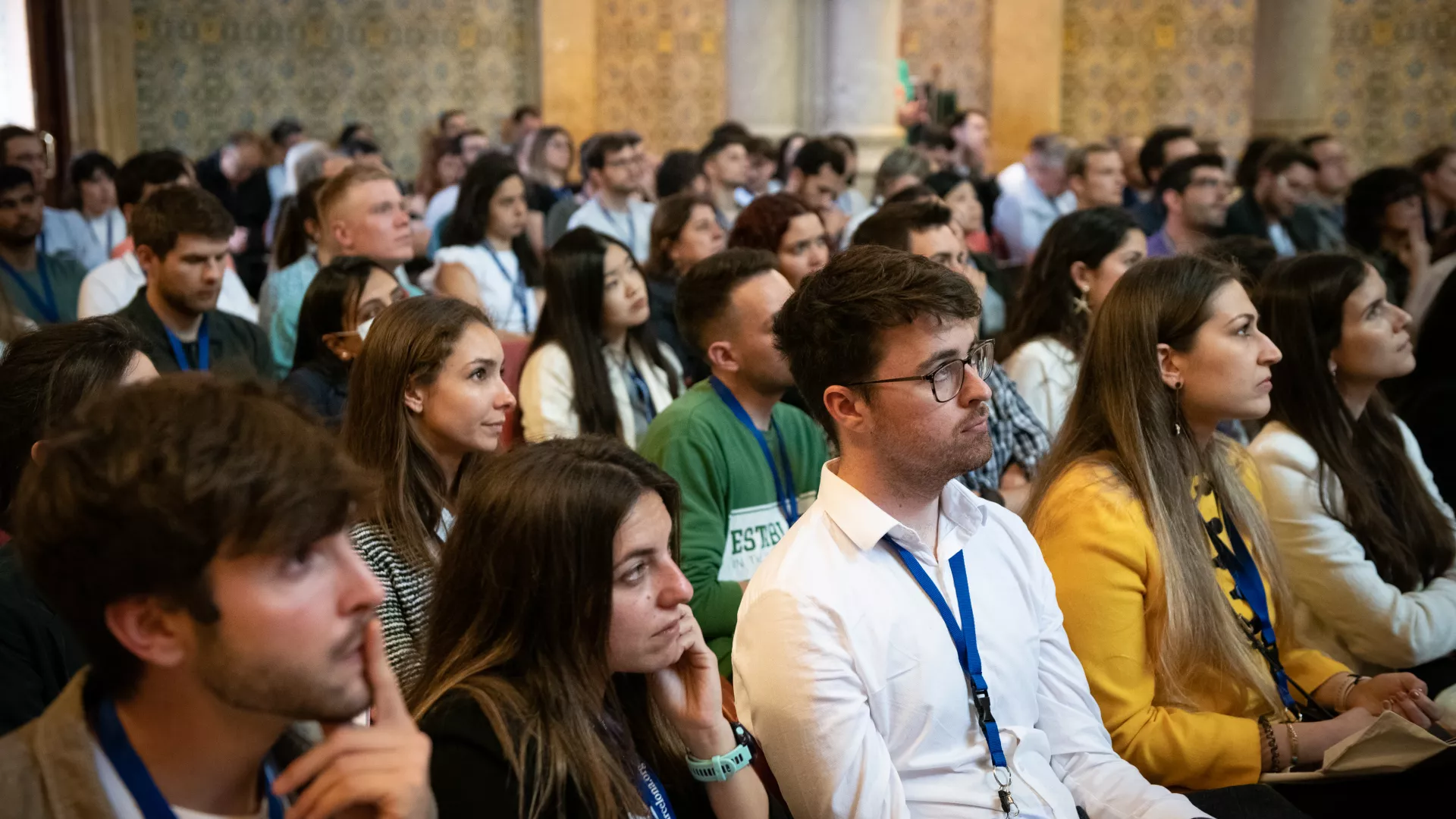Speaker: Patrick Aloy, PhD - Group Leader - Structural Bioinformatics and Network Biology LAB - IRB Barcelona
Presentation
Organizer: IRB Barcelona
Date: Friday 15 January 2021, 12:00h
Title: Formatting Biological Big Data to Enable (Personalized) Systems Pharmacology
Abstract:
Drug discovery has placed high hopes in the systems view of pharmacology, as it holds the promise to connect phenotypes to convoluted molecular events. Unfortunately, global approaches have not yet translated into new drugs. The amount of biological data generated in the last years, which is virtually flooding biomedical research, has revealed that an effective perturbation is seldom exquisite and, to tackle complex phenotypes, we need to move away from the ‘one disease, one target, one drug’ paradigm and consider the complexity of human biology. Seduced by the impressive achievements of machine (deep) learning, some computational biologists are considering a shift towards less mechanistic, more data-driven predictors of biology. However, the nature of biological data is considerably more complex than in the other big data fields, and it does not adhere to machine learning standards. It is therefore paramount to correctly format biological data, so that deep learning algorithms can be smoothly adapted to systems biology. Accordingly, the main aim of my lab is to offer a generic and intuitive means to bridge the gap between biological big data repositories and state-of-the-art machine learning tools, and facilitate the contextualization of every new experiment within the corpus of biological knowledge. To do so, we express heterogeneous biological data as numerical vectors, embedding different layers of molecular complexity associated to a process. Moreover, we are developing a strategy, based on biology-directed generative models, to de novo design chemical compounds with specific pharmacological properties, that could overcome the limitations of target-centric approaches. Blending biology and chemistry, in the form of content-rich signatures, will smooth the future transition from precision to personalized medicine where, instead of looking for the most suitable approved drug to treat a patient, we will design specific drugs for each molecular profile.
Biomed Webinar
Open to predoctoral UPF students

